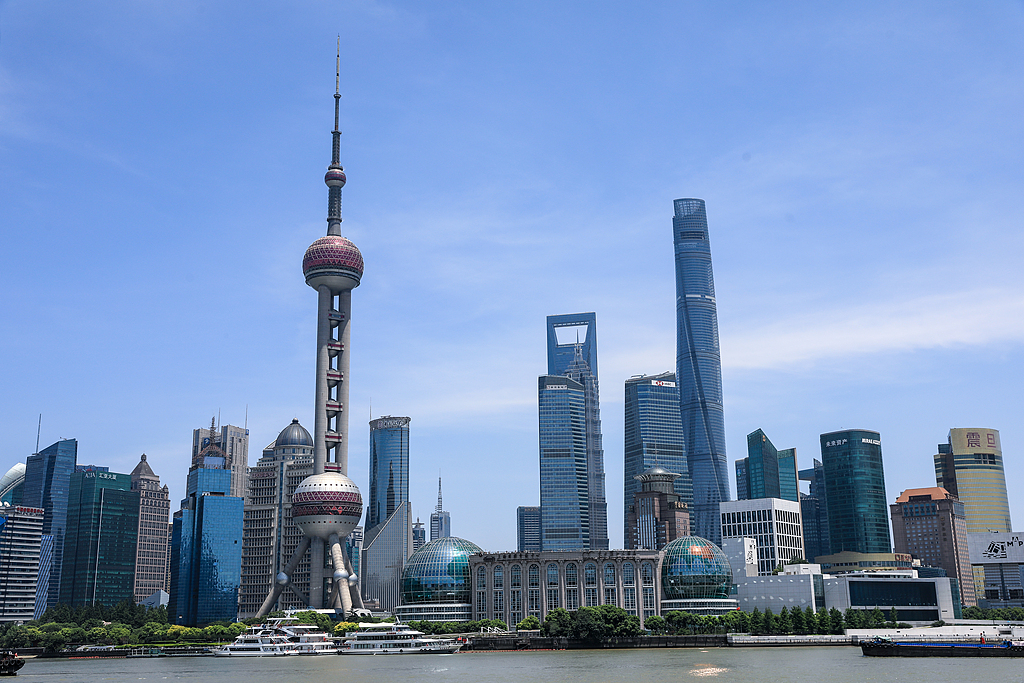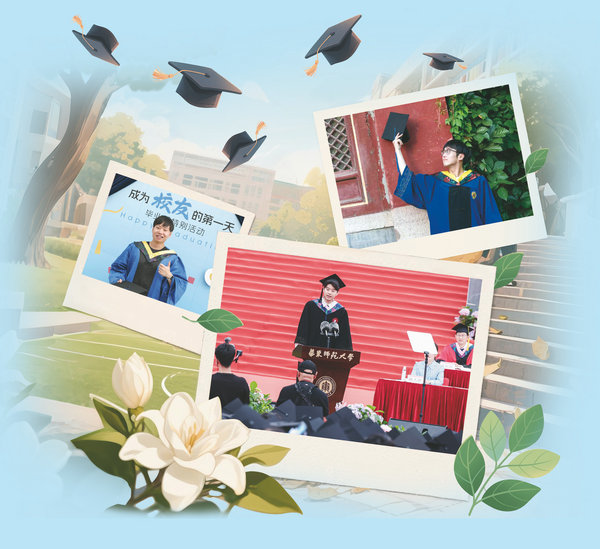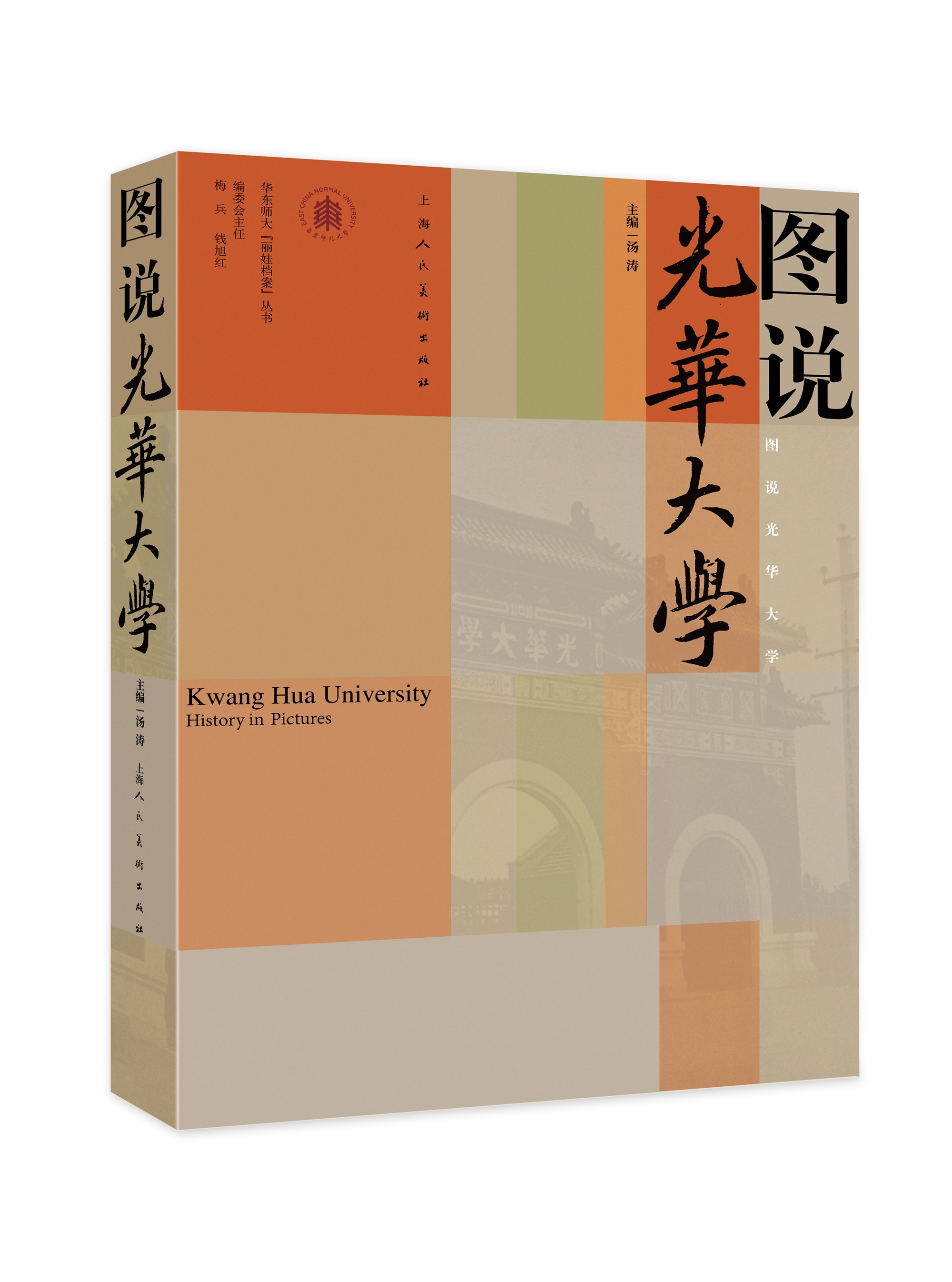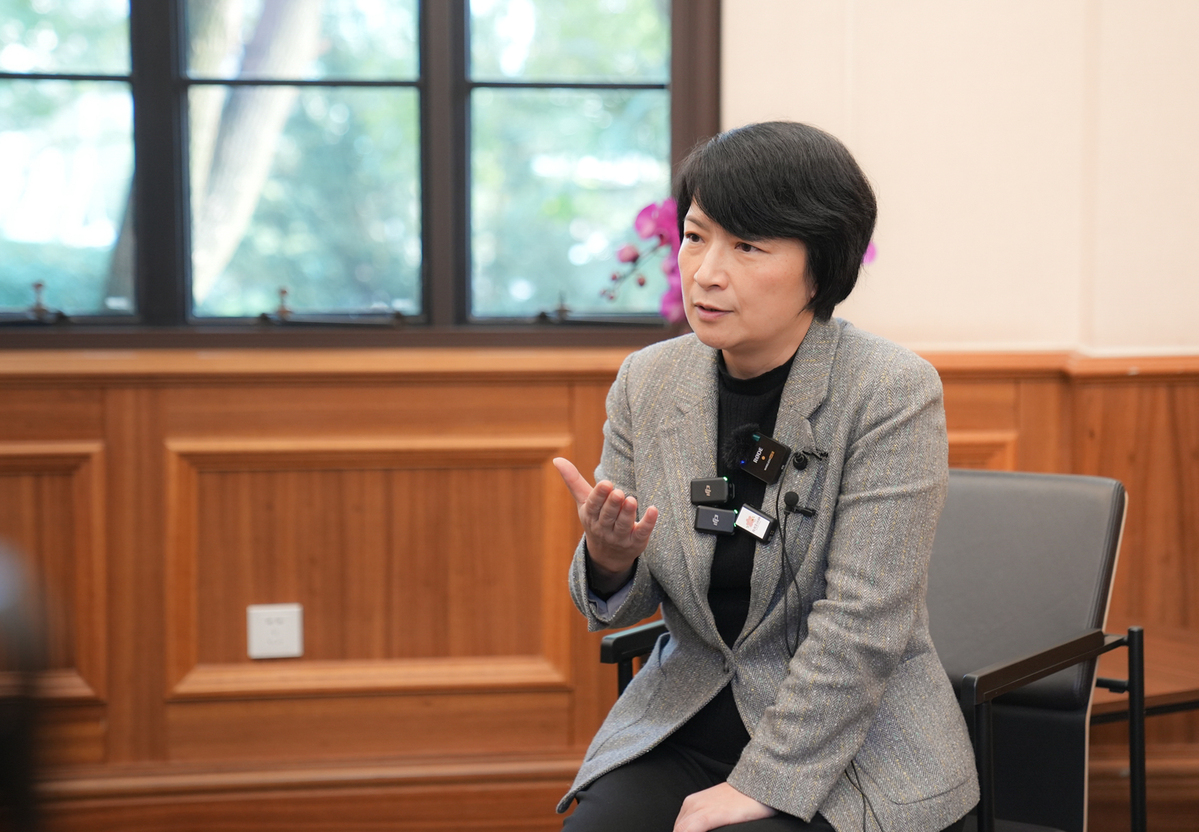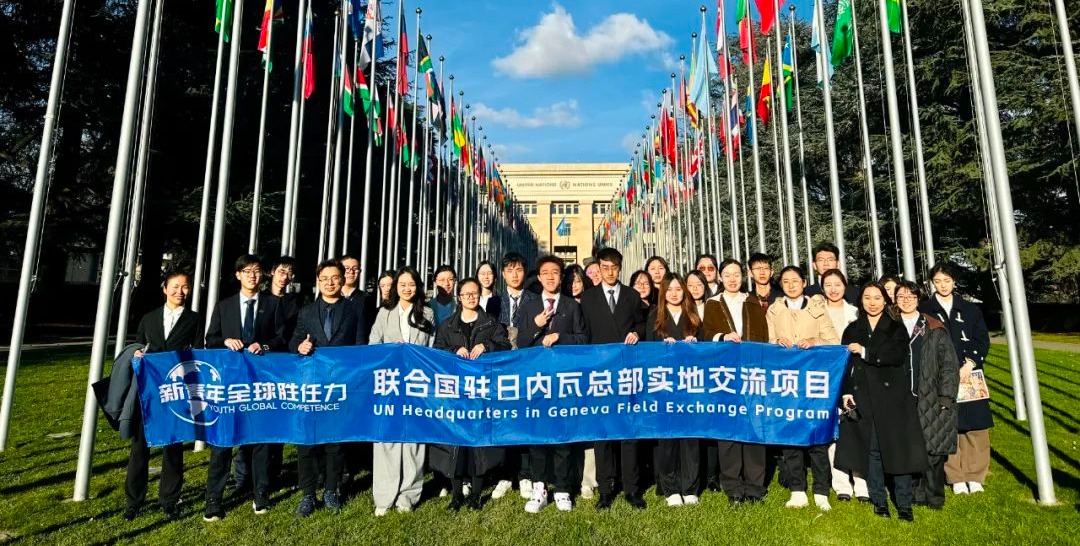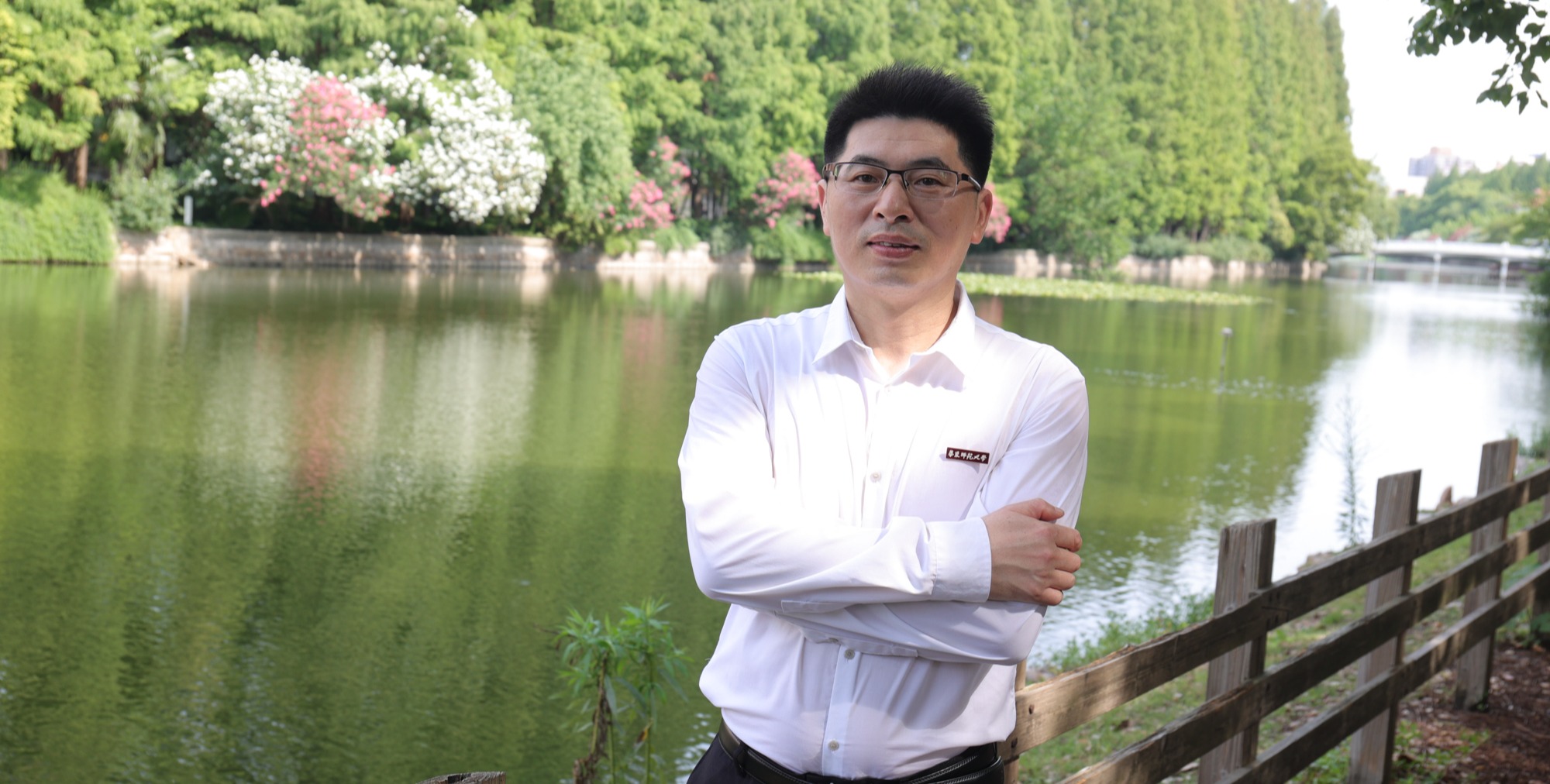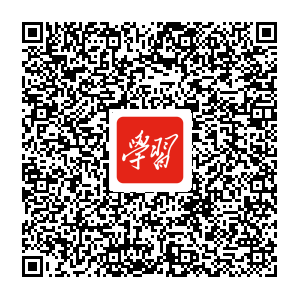More than 30 consular officials from 18 countries in Shanghai, including those of Russia, Germany, Finland, Hungary, Mexico, Pakistan and Poland, gathered by the Liwa River of East China Normal University (ECNU) on May 22 for a wonderful immersive experience tour of the Song Dynasty (960-1279) culture.
Consular officials participating in the event are all from a summer camp sponsored by Shanghai Education Commission and Shanghai Foreign Affairs Office and organized by ECNU.
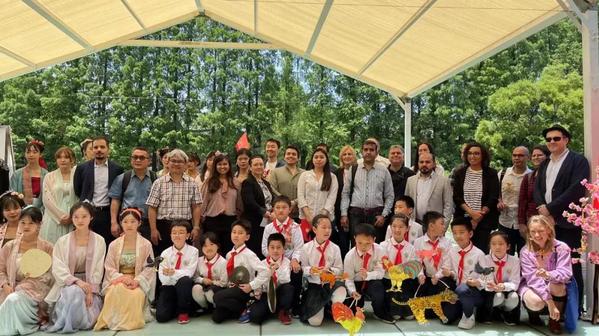
The activity is based on the restoration of the trading market of Xiangguo Temple in the Northern Song Dynasty (960-1127).
Through the revival of the prosperous market scene in the Song Dynasty, it brings consular officials an immersive Song Dynasty experience. The participants can truly experience the life of the Song people and decode the historical origin of China's stall economy.
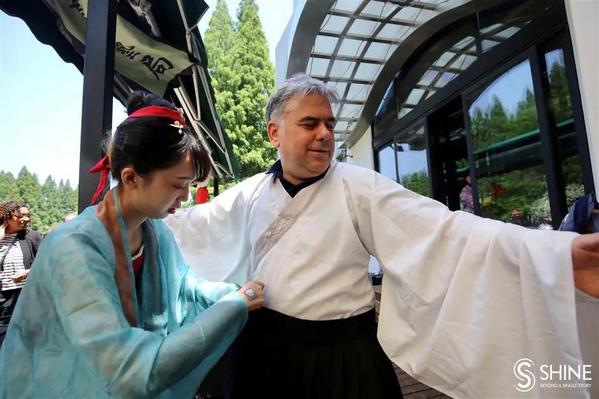
Huseyin Emre Engin, consul general of Turkey in Shanghai, tries on a classic hanfu.
Consular officials, with copper coins, embarked on a full sensory cultural journey through time and space.
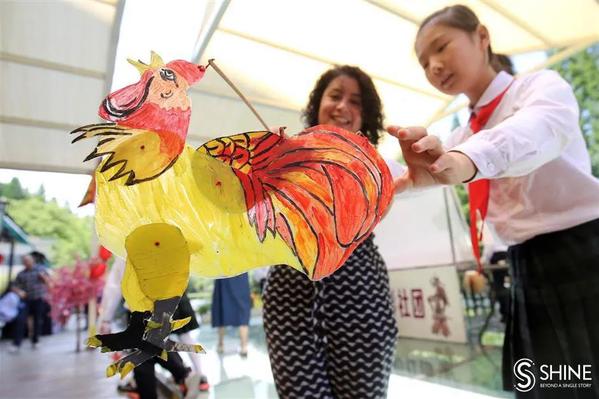
Patricia Passos from Brazil makes traditional props of shadow play.
Shadow play developed into a special form of art in the Song Dynasty. No matter whether it was a good or bad harvest, praying for gods or getting married and entertaining guests, it was necessary to set up a stage and perform shadow play.
Consular officials not only had the opportunity to make traditional props of shadow play, but also enjoyed a wonderful performance by the children of Qibao Mingqiang Primary School.
The Song Dynasty was the heyday of the development of Chinese tea culture. There were many tea shops in the then capital Dongjing, today's Kaifeng in the central province of Henan, much like the cafes on the streets of Shanghai today.
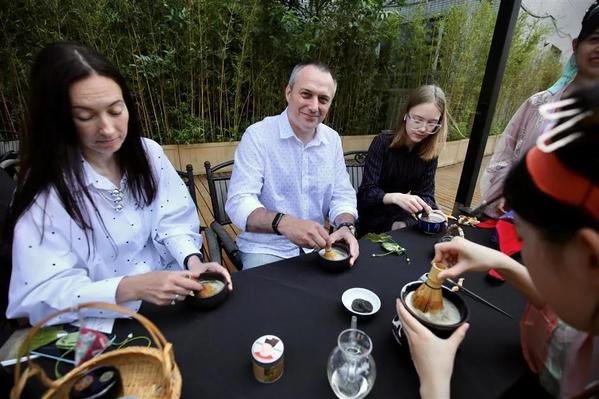
Andrei Andreyev, consul general of Belarus in Shanghai, and his family learn the art of making tea in the Song Dynasty.
At a tea stall, consul officials learnt the art of making tea in the Song Dynasty, and also tasted licorice icecold water, a popular beverage at that time.
Guozi (now commonly known as dim sum and pastry) in the Song Dynasty was the general name of all kinds of dried fruit, candied fruit and pastry. It was rich in variety and diverse in shape, reflecting the aesthetic pursuit of the Song people.
During the activity, consul officials followed Chinese pastry chefs to learn the traditional method of making mung bean cake and gained a deeper understanding of the culinary culture of the Song Dynasty.
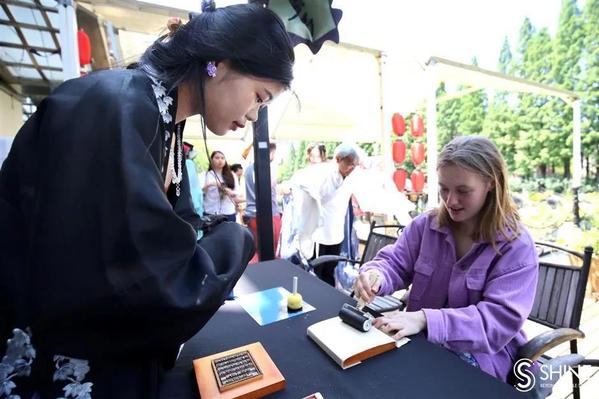
Lieselotte Zein, a consular official from Germany, learns the movable type printing.
Movable type printing is one of the four great inventions of ancient China. The consul officials experienced the whole process of this ancient technique.
Callum Neil Starr, consul of the Australian Consulate General in Shanghai, said the shadow play was impressive, and Chinese traditional art and culture have been well inherited by the teenagers.
Mauricio Chavez, consul from Ecuador, added: The event is very vivid, as if you were really in the market of the Song Dynasty.
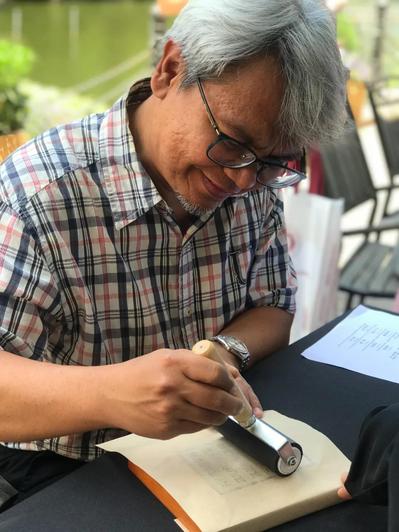
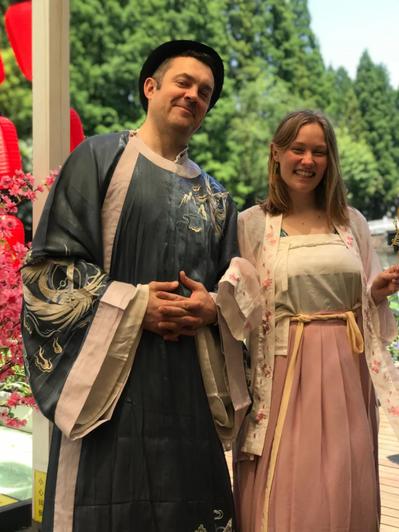
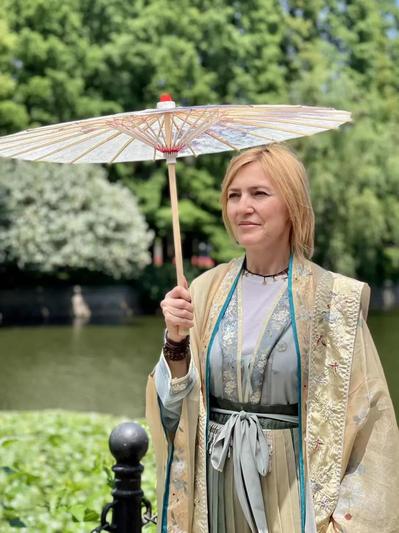
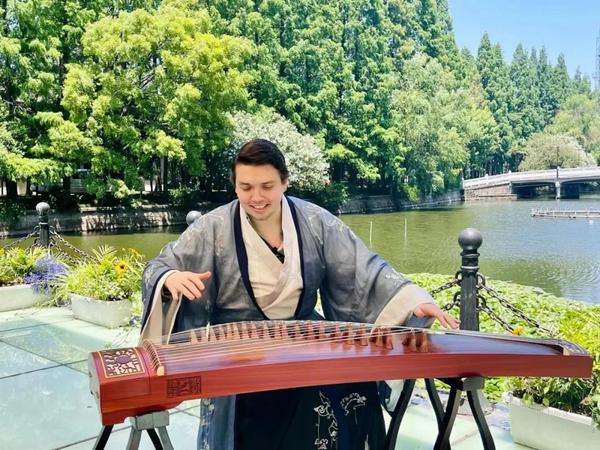
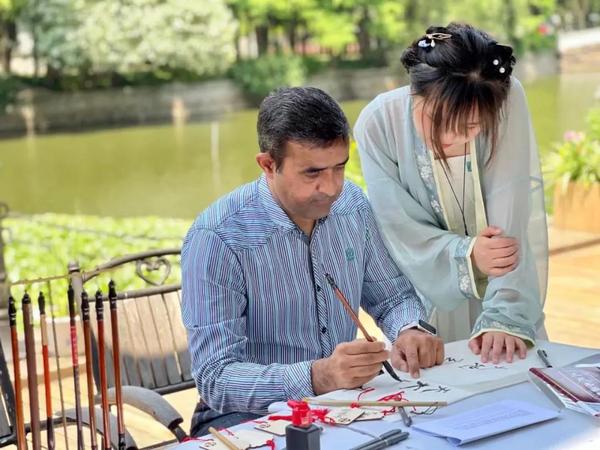
Source: Shine
Editor: Yuan Yiwei
